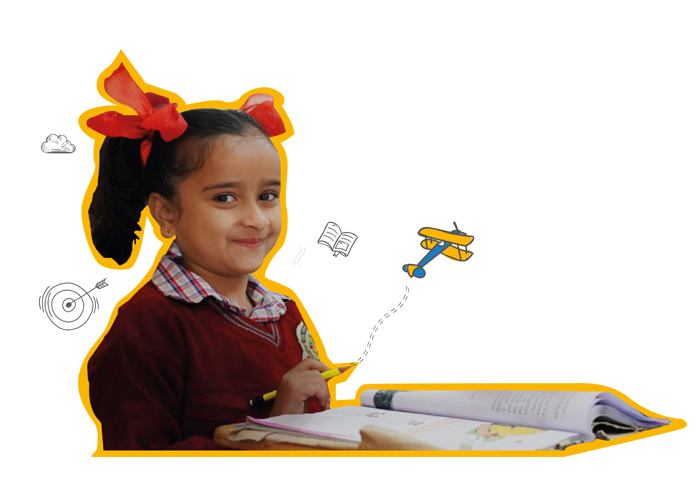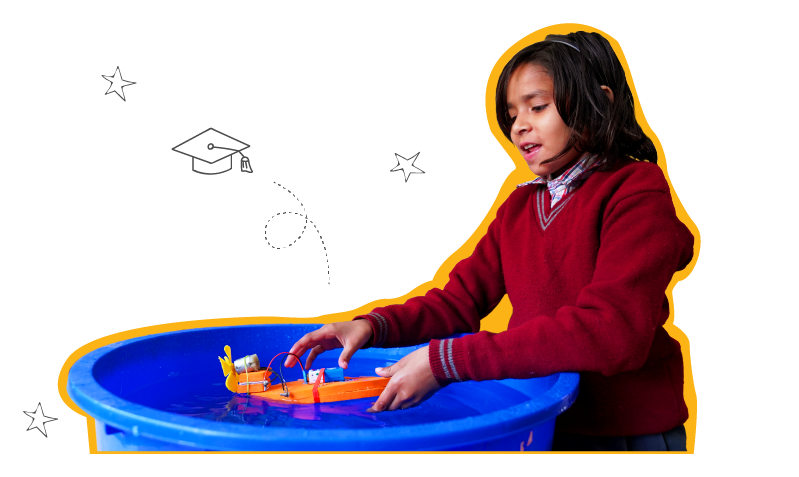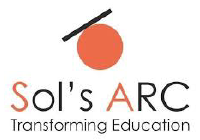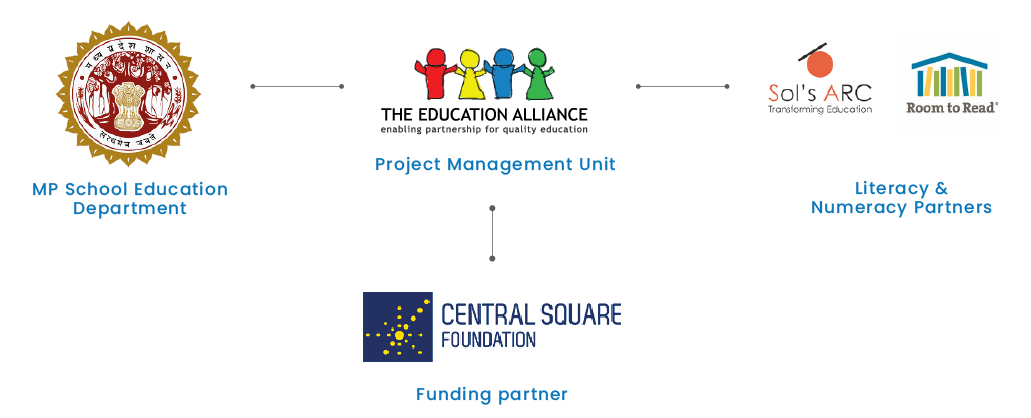Foundational Literacy and Numeracy (FLN) accounts for children’s ability to read and meaningfully comprehend, as well as use basic mathematical operations in real life. Research shows that foundational learning forms the cornerstone to successful academic development in later grades. Children who are unable to build these foundational skills, then face a disadvantage where their learning levels continue to remain poor in later grades. They are thus unable to cope with instruction at school, often leading to increased chances of dropouts. Furthermore, the evidence shows that there are several associated long-term benefits from investing in FLN, such as better life outcomes and higher economic growth. UNESCO’s Education For All Global Monitoring Report in 2013-14 calculated that if all students left school with basic reading skills, 171 million people could be lifted out of poverty.
Ensuring that every student can build at least basic skills of reading, writing and math will be crucial for India to harvest its demographic dividend and ensure a productive life for today’s youth. Milestones like alphabet recognition, reading words with meaning, fluency of reading small simple sentences with comprehension are crucial, and determine the learning trajectory of a student. Most of those who start to fall behind on these basic skills are unable to catch up even with subsequent years of schooling. Grade 3 is a key inflection point where students are expected to move from “learning to read” to “reading to learn”. The National Education Policy 2020 (NEP 2020) calls for ‘attaining foundational literacy and numeracy for all children in primary school and beyond by 2025’ to become an immediate national mission for the country, in order to address our learning crisis





























